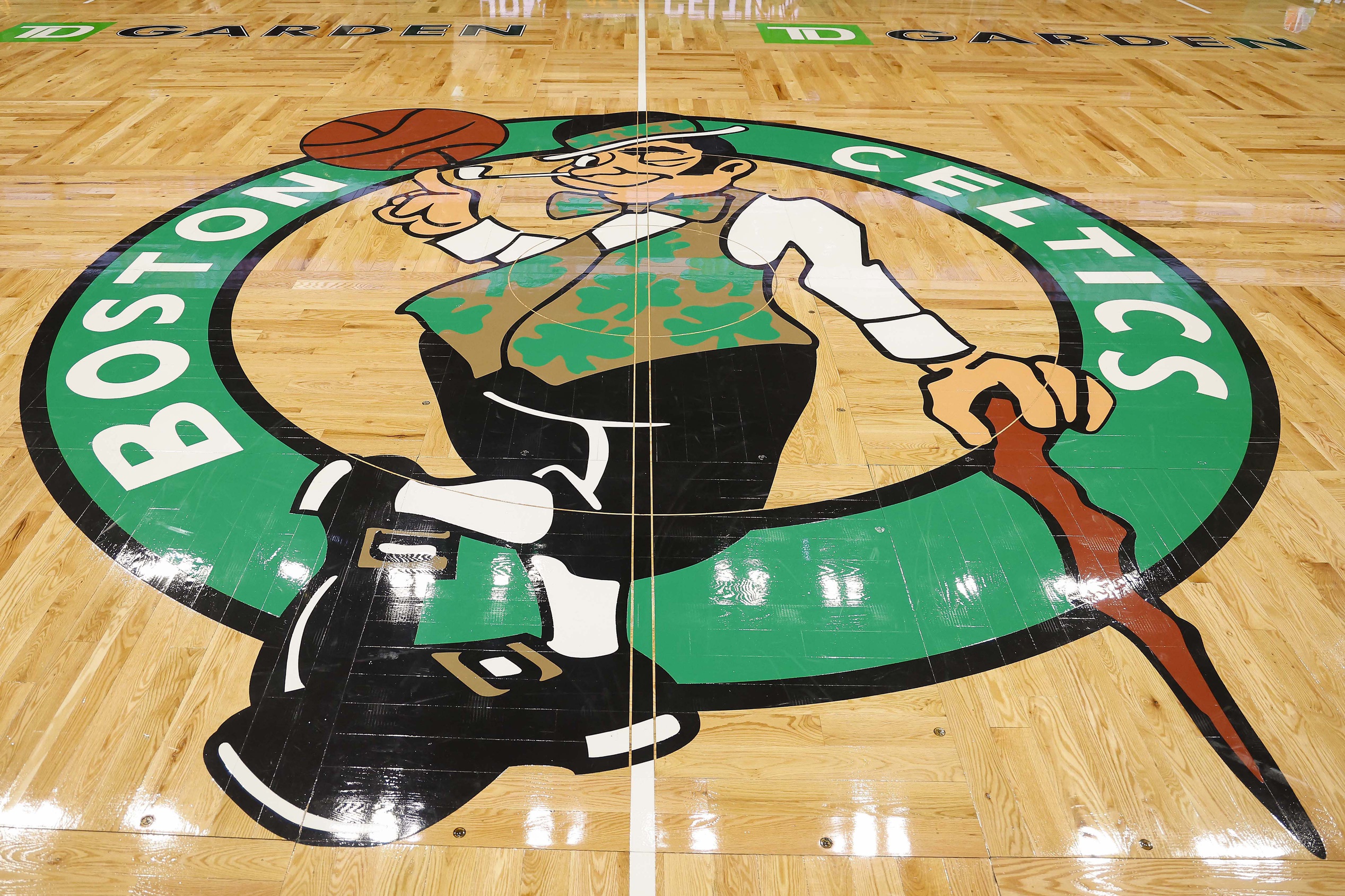The 90s Celtics, with the potential presence of Len Bias and Reggie Lewis, might have significantly altered Michael Jordan’s legacy. The Boston Celtics, already a storied franchise with a rich history, were on the brink of a new era when Bias and Lewis tragically passed away. Had these two stars joined forces with the remaining Celtics veterans, they could have disrupted the Chicago Bulls’ dominance in the decade.
How the 90s Celtics Would Have Altered Michael Jordan’s Legacy
Len Bias: A College Basketball Legend
Bias dominated college basketball and left an indelible mark at the University of Maryland. At 6-foot-8, he combined incredible athleticism with scoring ability, earning two ACC Player of the Year awards. His standout performances made him a consensus First-Team All-American and drew comparisons to Michael Jordan. In his senior year, Bias averaged 23.2 points and 7 rebounds per game. These achievements convinced the Celtics to draft him second overall in the 1986 NBA Draft. They saw him as Larry Bird’s successor.
The Potential Impact of Bias on the Celtics
Bias could have drastically altered the Boston Celtics’ future. In the late 1980s, the Celtics were still a powerhouse. They won three championships between 1981 and 1986, but their core—Bird, Kevin McHale, and Robert Parish—was aging. The team desperately needed young talent to stay competitive. Bias was the perfect player for this role. His scoring ability and defensive skills would have helped the Celtics maintain their elite status.
Had Bias played, the Celtics could have dominated the early 90s. Imagine Bias leading a Celtics team still supported by the veteran stars and young Reggie Lewis. The 90s Celtics could have challenged Michael Jordan’s Chicago Bulls for Eastern Conference supremacy. They might have denied the Houston Rockets their back-to-back titles in 1994 and 1995. Bias’s dynamic play, combined with the Celtics’ championship pedigree, could have resulted in multiple titles in the 90s. This would have cemented Boston’s place as one of the decade’s dominant teams.
Reggie Lewis: A Star Gone Too Soon
Lewis, drafted by the Celtics with the 22nd pick in 1987, was a rising star. Before his untimely death in 1993, he averaged over 20 points per game in his final two seasons. In 1992, he earned an NBA All-Star selection. Lewis was expected to become the Celtics’ new franchise cornerstone as Bird and McHale neared retirement. Lewis’s contributions were significant. He was a reliable scorer and capable of taking over games when needed. His defensive skills were also underrated. Despite being somewhat overshadowed by Bird and McHale, Lewis was poised to lead the Celtics into a new era of success. However, his career was tragically cut short.
Tragic Losses
Bias died two days after being drafted by the Celtics. On June 19, 1986, he suffered a fatal cocaine overdose, shocking the sports world. Bias’s death not only deprived the Celtics of a potential superstar but also highlighted the dangers of drug use among athletes. Seven years later, tragedy struck the Celtics again. On July 27, 1993, Lewis collapsed and died from a heart attack during an offseason practice. Doctors later discovered he had a heart condition known as hypertrophic cardiomyopathy. This condition had gone undiagnosed or was possibly misdiagnosed. Lewis’ death devastated the Celtics organization and its fans, marking the loss of yet another potential franchise leader.
A Missed Opportunity for Celtics Greatness
Bias and Lewis could have transformed the Celtics in the 90s. With Bias as the new franchise face and Lewis as his running mate, the Celtics might have extended their dominance into the decade. Instead of struggling through the post-Bird years, the 90s Celtics could have competed fiercely with the Bulls, Rockets, Knicks, and other 90s powerhouses. Bias’s impact would have extended beyond the court. His presence could have attracted more talent to Boston through trades or free agency. The Celtics’ winning culture, combined with Bias’s superstar potential, could have kept the franchise at the top of the league, creating one of the most compelling “what if” scenarios in sports history.






